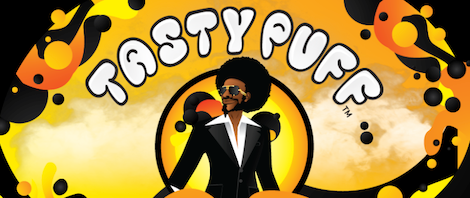Medical Marijuana and Epilepsy
Though anecdotal evidence and some limited studies have shown positive results for using medicinal marijuana to control seizure activity, animal studies have suggested that cannabidiol (CBD) provides more consistent health benefits for epilepsy than tetrahydrocannabinol (THC). Both compounds are present in medical marijuana, though ratios can vary. THC has shown conflicting results as an anticonvulsant. Depending on the type of epilepsy, the dosage, and other factors, some THC has shown to exhibit convulsant effects—the opposite effective that epileptic patients seek. In addition, the increased brain activity caused by THC withdrawal could also cause seizures.
On the other hand, there is conclusive evidence that CBD can be a strong anticonvulsant without the risk of causing seizures itself. Those looking to control seizure activity with marijuana should choose strains that are higher in CBD than THC in order to get the maximum health benefits and the lowest risks.
There are many anti-epileptic drugs on the market, all with varying degrees of effectiveness for patients. Animal studies have shown that medical marijuana is just as effective as some pharmaceuticals for preventing seizures, such as chlordiazepoxide and carbamazepine, and even more effective than others, such as ethosuximide, trimethadione, and phenytoin.
However, due to the fact that medical marijuana has never been tested on human subjects suffering epileptic seizures, its use as a treatment for such a neurologic condition is still a hotly debated issue, and physicians are often hesitant to prescribe it instead of pharmaceuticals. Although more data is clearly needed, anecdotal evidence and animal studies have shown that medical marijuana, and particularly CBD, is a safe, natural alternative to pharmaceuticals in the treatment of epilepsy, and in the cases of drug-resistant seizures, it might be the only treatment option available.
As medicinal marijuana starts to become more accepted as a form of treatment in the healthcare industry and society as a whole, more epileptic patients are now benefiting from its use to control seizure activity in order to live more normal daily lives. There’s little doubt that it will become a more prevalent treatment option for epileptic seizures in the future.
Thank You: The Medical Marijuana Association




















